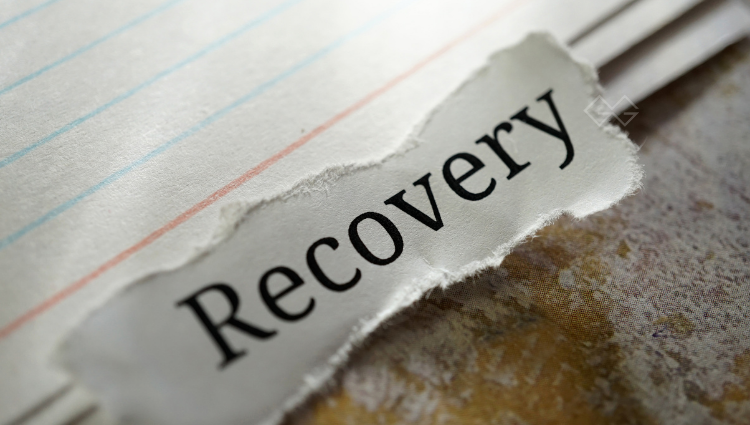
When facing addiction, finding the right support can be overwhelming. For many residents of Michigan, the journey to recovery begins with reaching out for help, whether that’s through addiction hotlines or recovery programs. Fortunately, Michigan offers a variety of resources designed to help individuals and families access the support they need, regardless of where they are in their recovery process. This article explores some of the top addiction hotlines and recovery programs available in Michigan, providing a clear pathway for those seeking assistance.
1. Addiction Hotlines: Immediate Access to Help
For individuals seeking immediate support or information about addiction treatment, hotlines are a crucial first step. Michigan offers several helplines that provide confidential, 24/7 assistance to those in need.
Michigan Addiction Hotline (1-888-733-7753) is a dedicated service for Michigan residents, offering free and confidential support. The hotline connects callers to local treatment facilities, recovery programs, and resources for families. Whether you’re seeking treatment for yourself or a loved one, the Michigan Addiction Hotline serves as a valuable starting point, providing guidance and referrals based on the specific needs of the caller.
Nationally, the SAMHSA National Helpline (1-800-662-HELP) is another resource that individuals in Michigan can access for support. This free, 24/7 helpline provides confidential assistance for those struggling with substance use disorders. It helps connect callers to local treatment centers, provides information on different recovery options, and offers emotional support.
For those in crisis situations, The National Suicide Prevention Lifeline (988) is also available. Although primarily focused on suicide prevention, this service is equipped to assist individuals who may be experiencing severe addiction-related crises, offering immediate support and directing callers to local resources.
2. Recovery Programs: Treatment Options Across Michigan
Michigan boasts a wide range of addiction recovery programs catering to various needs. From inpatient rehab centers to outpatient treatment and support groups, there are programs suited for individuals at every stage of recovery.
Inpatient Treatment Centers: For individuals in need of structured, 24/7 care, inpatient treatment centers are often the best option. These programs provide a safe environment where individuals can focus entirely on their recovery. Henry Ford Maplegrove Center in West Bloomfield and Dawn Farm in Ann Arbor are two prominent centers in Michigan, offering detox services, therapy, and long-term rehabilitation programs.
For those who require intensive care but are not in need of 24/7 supervision, outpatient services are available at centers like Brighton Center for Recovery. Outpatient programs offer the flexibility of living at home while attending treatment sessions during the week, allowing individuals to continue with work, school, or family responsibilities.
Detoxification Services: Detox is often the first step in addiction recovery, especially for those with severe physical dependence on drugs or alcohol. In Michigan, programs such as The Salvation Army Harbor Light Detox in Detroit provide medically supervised detox services, ensuring individuals can safely withdraw from substances in a controlled environment.
12-Step and Alternative Support Groups: Recovery programs are not limited to formal treatment centers. Peer support groups, such as Alcoholics Anonymous (AA) and Narcotics Anonymous (NA), have a strong presence across Michigan. These groups, based on the 12-step model, provide a community of individuals who share their experiences and support one another in recovery. For those looking for a secular or alternative approach, SMART Recovery (Self-Management and Recovery Training) offers evidence-based recovery strategies, helping individuals develop coping skills and tools to maintain sobriety.
3. Resources for Families and Loved Ones
Addiction impacts not just the individual but also their family and friends. Fortunately, Michigan offers resources for families who want to support their loved ones in recovery. Al-Anon and Nar-Anon are support groups designed for families and friends of individuals struggling with addiction. These groups provide a safe space for loved ones to share their experiences, receive emotional support, and learn how to navigate the challenges of supporting someone in recovery.
Additionally, The Partnership to End Addiction offers guidance and resources for families, providing educational materials, personalized support, and advocacy to help families cope with their loved one’s addiction.
Conclusion
Finding help for addiction in Michigan is a vital first step toward recovery, and the state offers a wealth of resources to support individuals at every stage of their journey. Whether it’s reaching out to a hotline for immediate assistance or exploring treatment centers and support groups, Michigan residents have access to a range of services that can provide the support needed to overcome addiction. No matter where you are in your journey, help is available, and it’s just a phone call away.